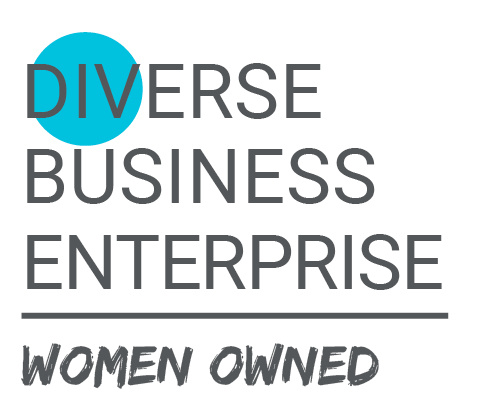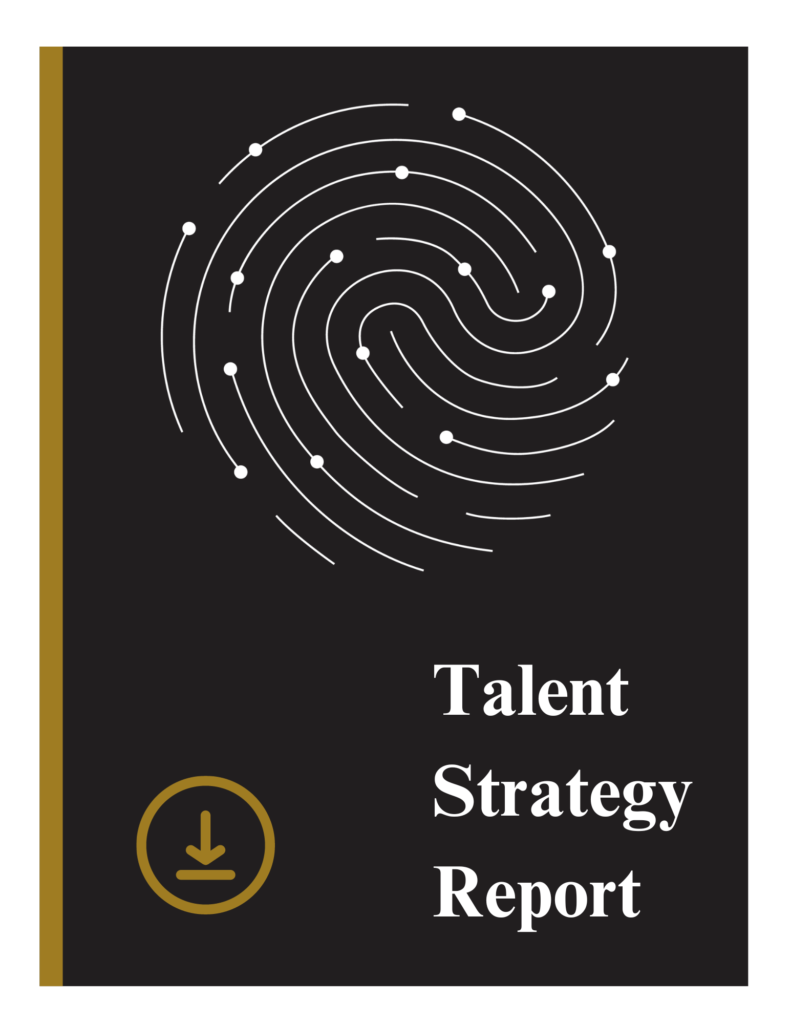The dynamics of the workplace have undergone a significant transformation, challenging HR leaders, executives and hiring managers to rethink their strategies around talent acquisition and retention. Amidst these changes, one of the most pressing issues has emerged as compensation compression, also known as salary compression or pay compression, a phenomenon that’s reshaping employer-employee negotiations and salary structures across industries. This comprehensive exploration aims to unravel the complexities of compensation compression, offering insights and actionable strategies for navigating its impacts effectively.
The Great Resignation: A Prelude to Compensation Compression
The labor market witnessed unprecedented shifts during the pandemic, leading to what was dubbed the Great Resignation. Employees, empowered by the changing work environment and reassessing their work-life balance, began to leave their jobs in droves, seeking better compensation, flexibility, and job satisfaction elsewhere. This mass movement not only highlighted the increasing demand for talent but also set the stage for the current challenges around compensation compression.
Understanding Salary Compression
Compensation compression occurs when the salary gap between levels, and especially with new hires and existing employees narrows significantly. This is often a result of employers raising starting salaries to attract talent in a competitive market, without proportionately adjusting the wages of current staff. The situation creates friction within the workforce, as longer-serving employees may feel undervalued when new team members are brought in at higher pay rates for equivalent roles. This can also cause employers to leave compensation ranges unadjusted and outdated and lose out on talent, too.
The Causes Behind Salary Compression
Several factors contribute to compensation compression, including a high demand for skilled talent and economic pressures limiting budgetary flexibility. Additionally, the expansion of remote work has broadened the talent pool, allowing employees to seek opportunities in new markets, further intensifying salary expectations and competition among employers.
Workplace Impacts: Morale, Retention, and Recruitment Challenges
The effects of compensation compression are felt deeply within organizations. Employee morale can suffer, leading to disengagement and productivity losses. At the same time, the challenge of attracting new talent becomes tougher, with a notable increase in offer declines. Candidates, aware of their leverage, are often holding out for better packages, while existing employees become more open to counteroffers from their current employers, further driving up internal compensation levels.
The Rise of Offer Declines and Counteroffers
The trend of declining job offers signifies a broader shift in candidate expectations, where salary is just one piece of the employment value proposition puzzle. Meanwhile, the practice of extending counteroffers to retain talent inadvertently contributes to salary inflation within companies, complicating efforts to manage compensation equitably and sustainably.
Mitigating the Effects Through Strategic HR Practices
Addressing compensation compression requires a multifaceted approach. Effective strategies include rigorous salary benchmarking, transparent communication about compensation structures, and the offering of comprehensive benefits and growth opportunities. HR leaders must also focus on fostering a positive organizational culture that values recognition and career development, aiming to retain talent through means beyond financial incentives alone.
Looking Ahead: The Future of Compensation Strategies
As the talent market continues to evolve, so too will the approaches to managing compensation. Organizations that adapt by prioritizing transparency, equity, and employee well-being will be better positioned to navigate the challenges of compensation compression. The role of HR in shaping these strategies will be pivotal, requiring a balance between financial constraints and the need to attract and retain a skilled, motivated workforce.
Need more information on market insights? We can help your team with compensation benchmarking and assess your talent pool and hiring strategies. Contact our team today!



















